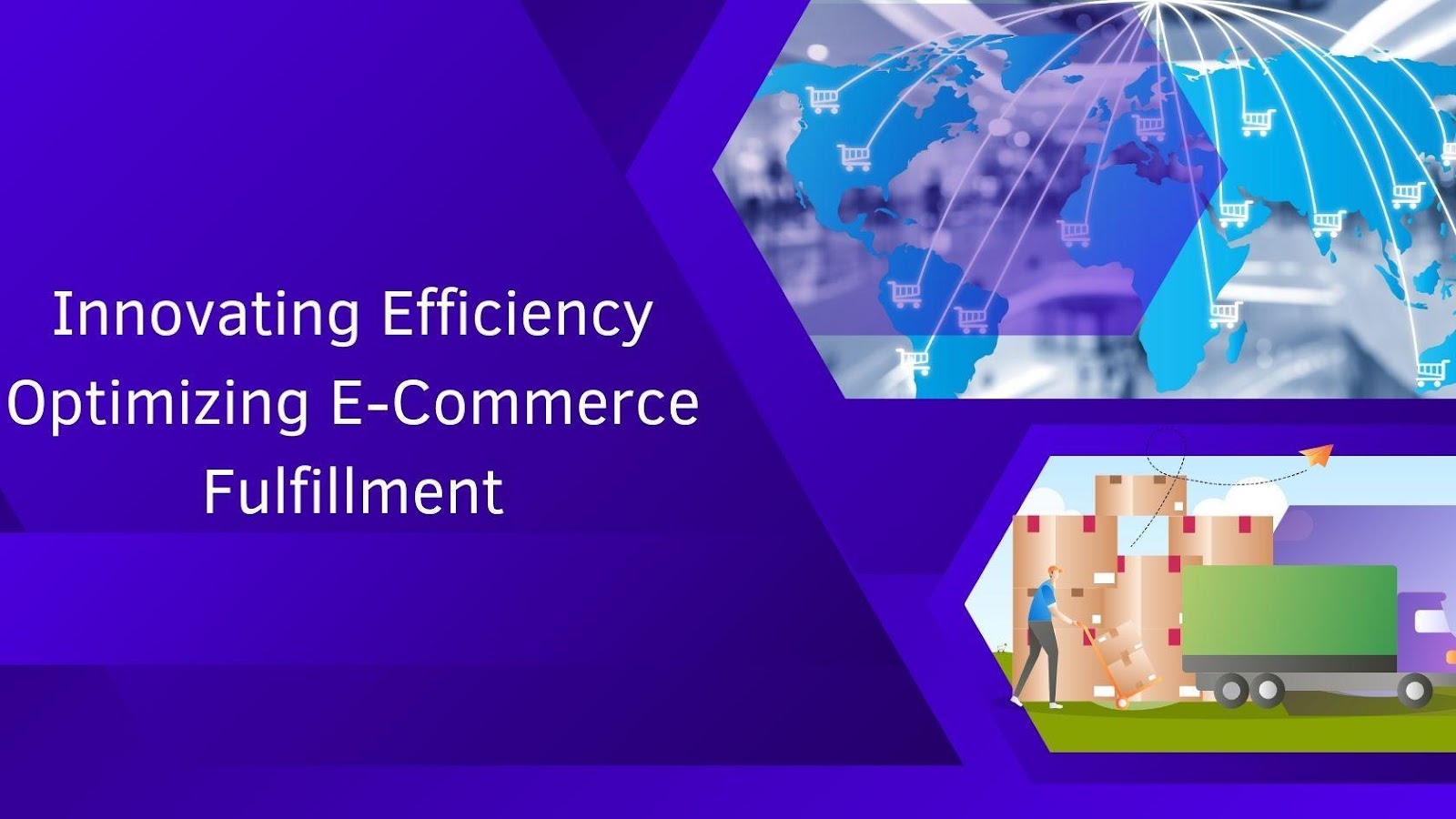In today’s fast-evolving digital economy, efficient operations define the success of e-commerce platforms. Raghukishore Balivada, a respected figure in technological research, explores groundbreaking solutions to fulfillment challenges in the digital marketplace. This article dives into key innovations that are reshaping e-commerce logistics and operational strategies.
Reimagining Work Assignments with Data-Driven Approaches
At the heart of optimizing e-commerce fulfillment lies the principle of priority-based work assignment. This method leverages advanced algorithms to dynamically allocate tasks based on real-time variables such as order urgency, inventory availability, and workforce capacity. By aligning resources more effectively, businesses can achieve faster delivery times and enhance customer satisfaction.
Traditional work assignment systems often struggle with inflexibility, leading to delays and inefficiencies. Priority-based systems address these challenges by introducing adaptability and precision. Such innovations ensure that tasks critical to meeting delivery timelines are prioritized, enabling businesses to handle surges in demand without compromising service quality.
Integrating Automation for Smarter Operations
Automation continues to transform e-commerce operations, streamlining processes from inventory management to delivery. Automated systems are not limited to repetitive tasks; they now incorporate decision-making capabilities through machine learning models. These systems can predict demand patterns, optimize warehouse layouts, and even determine the most efficient delivery routes.
The integration of robotic systems in warehouses exemplifies the move toward intelligent automation. These robots collaborate with human workers to accelerate order processing, minimizing errors and reducing operational costs. Automation’s role in improving scalability makes it indispensable in today’s competitive e-commerce landscape.
Enhancing Inventory Management with Predictive Analytics
Efficient inventory management is a cornerstone of successful e-commerce fulfillment. Predictive analytics tools enable companies to forecast inventory needs with remarkable accuracy. By analyzing historical data and market trends, these tools help prevent overstocking and stockouts, ensuring optimal inventory levels.
This predictive capability also contributes to sustainability. By reducing waste and overproduction, companies can align their operations with eco-friendly practices, which is increasingly important to modern consumers. The fusion of analytics and sustainability demonstrates the multifaceted benefits of innovative inventory management systems.
Personalizing Customer Experiences through Advanced Insights
In today’s e-commerce landscape, rising customer expectations have made personalization a crucial differentiator. Harnessing advanced big data insights allows businesses to customize offerings to individual preferences, delivering tailored product recommendations and flexible delivery options. These personalized touches create a more engaging and satisfying shopping experience. Enhanced data analytics also empower businesses to anticipate customer needs, ensuring popular products are always in stock and enabling proactive customer support. Personalization not only elevates satisfaction but also builds loyalty, establishing strong relationships that drive sustained growth and long-term success in the digital marketplace.
Adopting Agile Supply Chain Strategies
The dynamic and rapidly evolving e-commerce landscape demands supply chains that are highly agile and responsive. Agile strategies empower businesses to adapt swiftly to unexpected challenges, such as sudden demand spikes or unforeseen disruptions. By incorporating advanced technologies like blockchain for transparent operations and real-time tracking systems, businesses gain greater visibility into their supply chain processes. This improved transparency reduces inefficiencies and fosters trust among partners and stakeholders. Through enhanced collaboration and streamlined operations, an agile supply chain ensures resilience, supports operational continuity, and builds customer confidence—key elements for thriving in the competitive e-commerce environment.
The Road Ahead
E-commerce fulfillment is undergoing a remarkable transformation, fueled by cutting-edge technologies that elevate efficiency and customer satisfaction. Innovations such as priority-based work assignments, predictive analytics, and personalized shopping experiences are setting new standards in the industry. These advancements optimize operations, reduce inefficiencies, and cater to dynamic consumer demands. The integration of automation, data-driven insights, and agile supply chain strategies enhances scalability and resilience, ensuring businesses stay ahead in a competitive landscape. As the digital marketplace evolves, adopting these strategies is essential for achieving sustainability, meeting consumer expectations, and shaping a seamless e-commerce experience that defines the future of retail.
In conclusion, the insights provided by Raghukishore Balivada underscore the importance of innovation in navigating the complexities of e-commerce fulfillment. By integrating these groundbreaking strategies, businesses can not only optimize their operations but also set new benchmarks for success in the digital era.

































